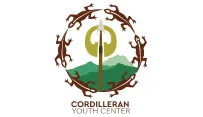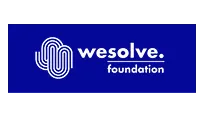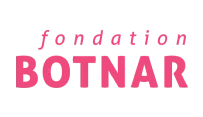About The Collaborative
Global Partners




Local Partners






Funding Partners


Grant Managing Partners

Principles Shaping Our Programme
Participatory decision-making
A creative process that gives ownership of decisions to a group as a whole to find effective options that work for everyone. A common process of participatory decision-making is consensus-building — finding the common ground through solutions that are acceptable to all and are best for the group’s priorities.
Placemaking
Placemaking invites people to collectively reimagine and reinvent urban spaces as the heart of every community to maximize shared value. It facilitates creative patterns of use, considering the physical, cultural, and social identities of a place, as well as the needs of different users.
Co-creation
A process of value creation through productive collaboration between all relevant parties that places end-users at the center. In city development, it involves the active flow of information between governments, academia, businesses, non-profits, and citizens, to ensure a common understanding of problems and generate common solutions.
Innovation
Progressive solutions that bring incremental improvements to products or processes. Today, innovation in cities utilizes experimentation, human-centric design, data analytics, and technology to identify future possibilities and opportunities. We see young people as key stakeholders in driving innovation processes in cities.
Relational approach to wellbeing (RWB)
RWB is an integrative approach to understanding wellbeing that looks beyond individual psychology or behaviour and focuses on the underlying processes that promote healthy environments and happy lives. The concept is centred around three interlinked dimensions of wellbeing: material (having enough), relational (being connected), and subjective (feeling good).
The approach also goes beyond the experience of wellbeing to address the underlying conditions that promote or hinder wellbeing. It targets three forms of underlying drivers of wellbeing: personal (personality and personal history), societal (social norms, economy, and culture), and environmental (built environment, climate, and ecological sustainability).
Urban safety
Measures taken to counter feelings of insecurity and exclusion among city residents and to tackle the root causes of those feelings. By improving urban safety, the programme strives to ensure freedom of movement and access, support unhindered participation in public life, and increase ownership and belonging.
